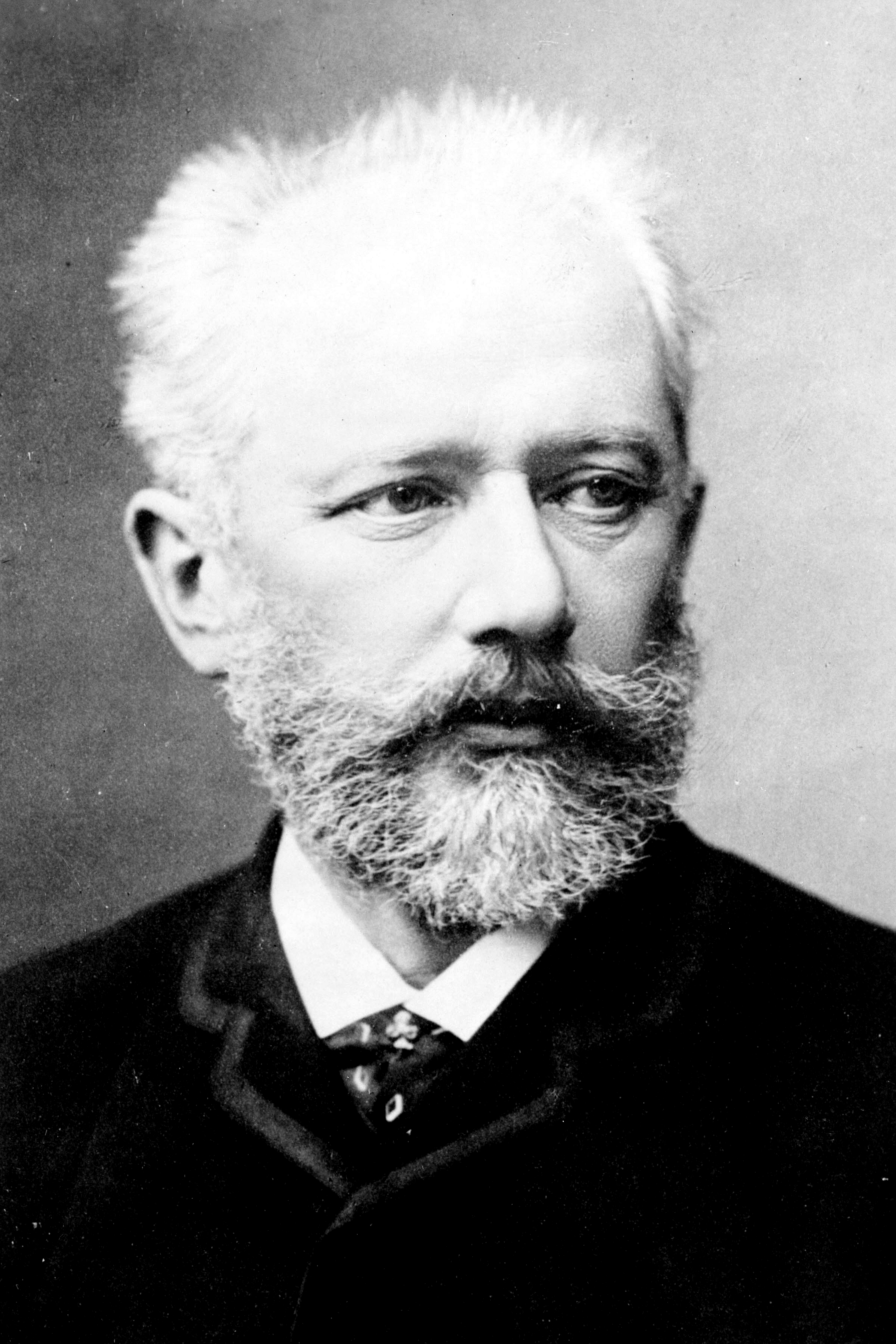Wolfgang Amadeus Mozart
Composer, Musician • 1756-1791
Prolific and influential composer of the Classical period, known for his operas, symphonies, and chamber music.

Daily Schedule
What to Learn from Wolfgang's Routine
Mozart's routine reveals a life lived at maximum intensity. Sleeping only 5 hours (1 AM to 6 AM), he packed multiple creative sessions into each day: early morning composing, evening concerts and composition, and late-night work after courting. His teaching block (9 AM to 1 PM) was economic necessity, not passion—he needed income to support his lifestyle and family. The four-hour lunch and social period shows the importance of patronage and networking in 18th-century Vienna. What's remarkable is his ability to compose in fragments throughout the day, often completing pieces mentally before writing them down. His late-night composing sessions (11 PM to 1 AM) produced some of his most famous works. The routine demonstrates how financial pressure can coexist with artistic genius, and how social obligations (courting Constanze, attending concerts) can be integrated into a productive schedule. Mozart's compressed sleep and multiple work sessions suggest an almost manic creative energy, though this intensity may have contributed to his early death at 35.
Key Takeaways
- •Multiple creative sessions can maximize output
- •Balance economic necessity with artistic passion
- •Social connections are part of creative work
- •Mental composition before physical writing saves time
Sources
- • Mozart: A Life by Maynard Solomon
- • Daily Rituals by Mason Currey
More classical music Routines
Similar Routines

Benjamin Franklin
Polymath, Inventor, Founding Father
One of America's Founding Fathers, Franklin was a writer, scientist, inventor, statesman, diplomat, printer, and political philosopher.

Maya Angelou
Poet, Author, Civil Rights Activist
American memoirist, poet, and civil rights activist, best known for her series of seven autobiographies.

Ludwig van Beethoven
Composer, Pianist
German composer and pianist, one of the most admired composers in the history of Western music.

Charles Darwin
Naturalist, Biologist
English naturalist whose theory of evolution by natural selection became the foundation of modern evolutionary studies.

Franz Kafka
Writer
German-speaking Bohemian novelist and short-story writer, widely regarded as one of the major figures of 20th-century literature.

Pablo Picasso
Painter, Sculptor
Spanish painter, sculptor, and co-founder of Cubism, one of the most influential artists of the 20th century.
